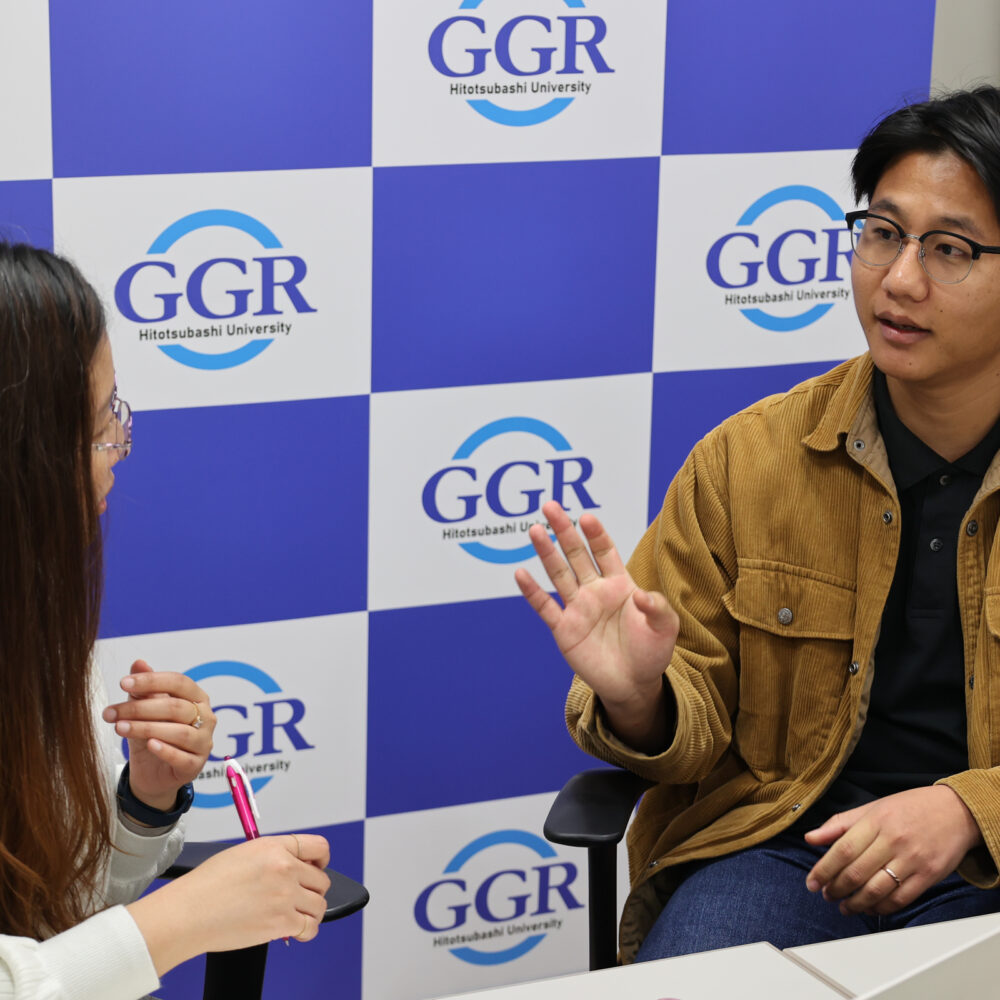
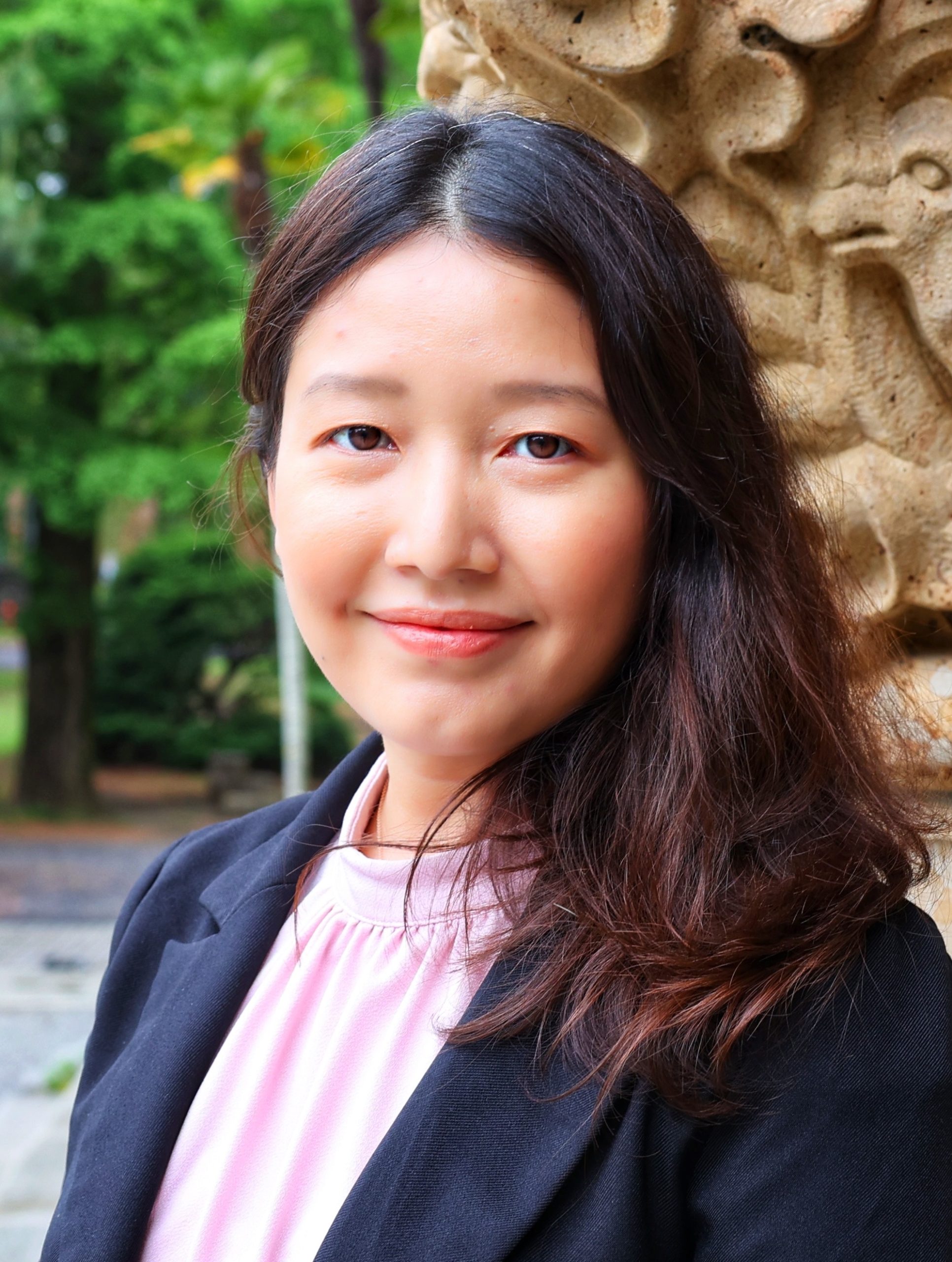
Testimony for Resilience: Perspectives of a Karenni Youth on Oppression, Humanitarian Aid, and Diaspora Activism
Interviewer and writer: Hnin Htet Htet Aung
(Master’s student, School of International and Public Policy, Hitotsubashi University)
June 24, 2024
* This paper was written based on an interview conducted on March 14, 2024.
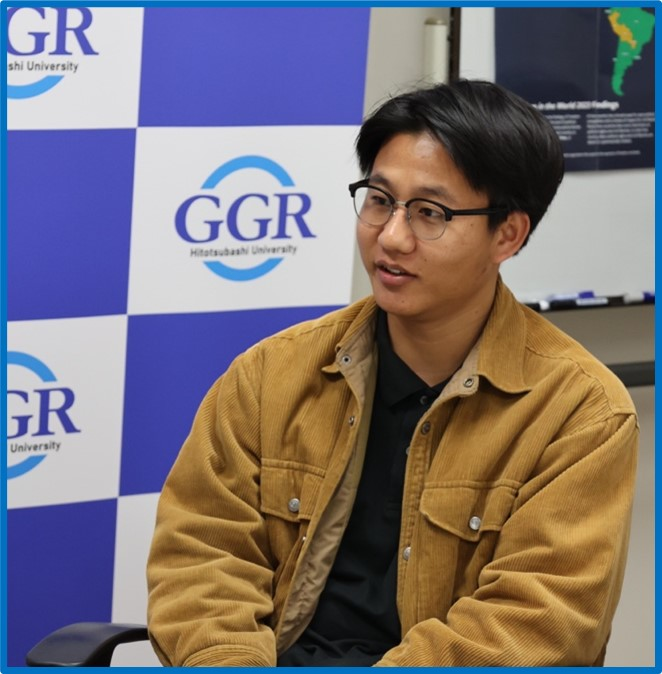 Moe Htet Yan, a member of the Milk Tea Alliance Japan, belongs to the Karenni ethnic group and originates from Pekon Township in Southern Shan State, Myanmar. The Institute for Global Governance Research (GGR) conducted an interview with Moe. He shed light on the multifaceted experiences of minority ethnic groups within Myanmar and its diaspora in Japan, providing valuable insights into their struggles, resilience, and aspirations. This endeavor is particularly crucial given the ongoing and systematic persecution and suppression of minority rights by the military regime in Myanmar, characterized by widespread human rights abuses and discrimination, a situation that has persisted since before 2021.
Moe Htet Yan, a member of the Milk Tea Alliance Japan, belongs to the Karenni ethnic group and originates from Pekon Township in Southern Shan State, Myanmar. The Institute for Global Governance Research (GGR) conducted an interview with Moe. He shed light on the multifaceted experiences of minority ethnic groups within Myanmar and its diaspora in Japan, providing valuable insights into their struggles, resilience, and aspirations. This endeavor is particularly crucial given the ongoing and systematic persecution and suppression of minority rights by the military regime in Myanmar, characterized by widespread human rights abuses and discrimination, a situation that has persisted since before 2021.
“I was awarded scholarships through newspaper delivery, which saved me from paying school fees,” Moe said. In 2019, Moe came to Japan to join a Japanese language school. After completing his language studies, he pursued a two-year program at Yomiuri College of Science, Technology, and Medical Welfare, specializing in cross media. Moe describes his struggle adapting to the weather in Japan. “It wasn’t easy to get accustomed to the weather in Japan, especially during the very early mornings, particularly in winter. Sometimes, I only had around four hours of sleep because I needed to prepare for work and studying.” It is evident how Moe has struggled to survive in a foreign country, studying a foreign language, finding money for himself and his family back home.
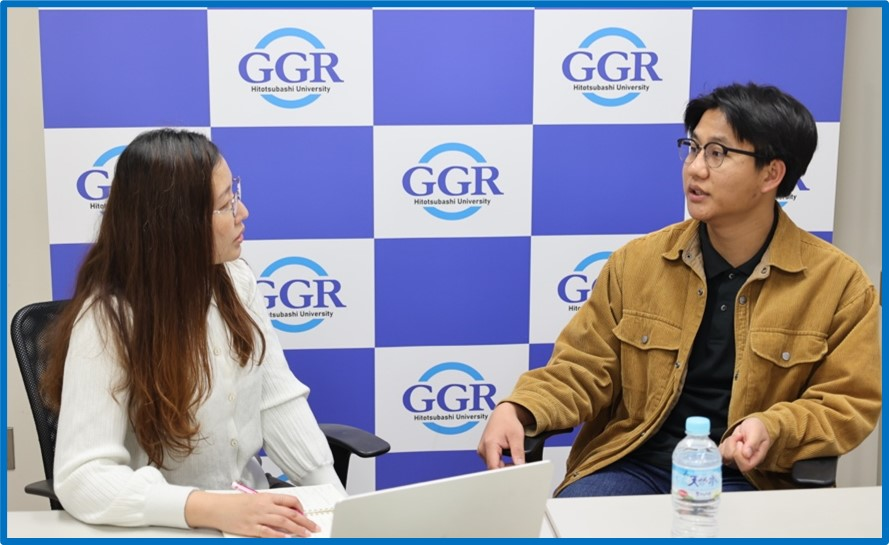 Moe then recounts a significant moment: “One morning, I received the distressing news from Myanmar that the military had staged a coup and ousted the elected government.” Motivated by this experience, he began participating in protests and fundraising events to ensure his voice was heard not only by the Japanese government and people but also by the international community. Despite the challenges of managing his schedule delivering newspapers, attending language school, and working another part-time job, he remained committed to supporting his people in Myanmar who are fighting for democracy and human rights against the military junta regime.
Moe then recounts a significant moment: “One morning, I received the distressing news from Myanmar that the military had staged a coup and ousted the elected government.” Motivated by this experience, he began participating in protests and fundraising events to ensure his voice was heard not only by the Japanese government and people but also by the international community. Despite the challenges of managing his schedule delivering newspapers, attending language school, and working another part-time job, he remained committed to supporting his people in Myanmar who are fighting for democracy and human rights against the military junta regime.
As Moe belongs to a minority ethnic group, he has firsthand experience witnessing the brutality and human rights violation inflicted by the military junta on minority communities even before the 2021 coup. “When the troops of the military junta passed through our villages to fight against ethnic armed organizations (EAO), some of our villagers were arrested and beaten to death if there were suspicions of their connections with EAOs. At that time, we were unable to be saved, and our situation couldn’t be communicated to the international community.” Moe’s account stands as compelling oral evidence, vividly illustrating how he and the Karenni community have borne witness to the brutality inflicted by the military junta.
For the time being, Moe’s family members are also internally displaced people, as their houses, properties, and fields have been destroyed by the military junta after the coup. In particular, his grandmother’s house was hit by an artillery shell fired by the junta. “I was not able to contact my family while they were in hiding from the military junta’s soldiers. The junta imposed an internet shutdown, cutting off Myanmar people’s connection to the international community in order to conceal their actions.” Moe recounted the difficulties his family encountered while attempting to escape from the junta’s soldiers. His narrative powerfully underscores the imperative for the international community to address the severe humanitarian crises and arbitrary actions of military regimes.
During the interview, he expressed his gratitude for the humanitarian assistance provided by the Japanese government to Myanmar. On the other hand, he also stated, “While the Japanese government has increased humanitarian assistance funds for Myanmar, I urge them to analyze whether this aid is effectively reaching those in need.” At the same time, he recommended to provide humanitarian assistance funds not only through non-governmental organizations and international organizations such as the United Nations High Commissioner for Refugees on the Human Environment, the United Nations Children’s Fund, the World Food Programme, and the ASEAN Coordinating Centre for Humanitarian Assistance on disaster management, but also directly to the National Unity Government (NUG) and the Karenni State Interim Executive Council (IEC). Moe’s recommendation serves as a reminder to both the Japanese government and the international community to reassess the channels through which humanitarian assistance funds are provided, aiming to better support people in crisis.
| Moe recommends providing humanitarian assistance funds directly to the NUG and the Karenni State IEC. His recommendation serves as a reminder to both the Japanese government and the international community to reassess the channels through which humanitarian assistance funds are provided, aiming to better support people in crisis. |
Catalyzed by a profound shift in perspective, Moe has stepped forward to extend a helping hand to youth navigating the complex challenges on the ground. In this passionate endeavor he finds himself immersed in the vibrant tapestry of the Kayan International Network. “Within this dynamic collective,” Moe reflects, “we bring together spirited Kayan youth from across the globe; Japan, Australia, Thailand, Malaysia, Singapore, Israel, the United States, and Norway.” As part of this lively community, Moe actively orchestrates meetings, joins in monthly gatherings, makes fervent contributions, and embraces a multitude of enriching activities.
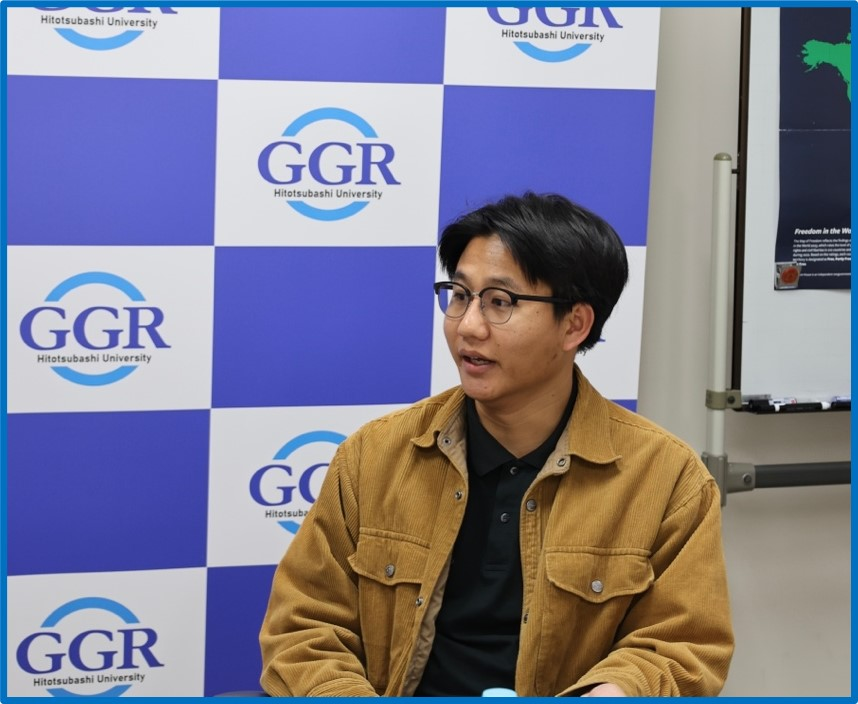 In our interview with Moe, the harrowing reality of Myanmar’s minority ethnic groups enduring systematic oppression at the hands of the military regime even before the 2021 coup is starkly illuminated. Despite their persistent efforts to secure humanitarian aid, their hopes are frequently dashed, as funds from the Japanese government and the international community inadvertently bolster the military junta’s resources. However, amidst this turmoil, a beacon of hope emerges in the form of the Myanmar diaspora, exemplified by individuals like Moe. Through tireless activism and advocacy efforts, members of the Myanmar diaspora are striving to safeguard democracy and human rights, both within the country and on the global stage. Moe’s involvement in mobilizing support networks and amplifying the voices of the oppressed underscores the vital role played by the diaspora in galvanizing international solidarity and support for the restoration of democracy in Myanmar. As the struggle for freedom and justice continues, Moe’s dedication serves as a testament to the resilience and determination of the Myanmar people in their quest for a brighter, more democratic future.
In our interview with Moe, the harrowing reality of Myanmar’s minority ethnic groups enduring systematic oppression at the hands of the military regime even before the 2021 coup is starkly illuminated. Despite their persistent efforts to secure humanitarian aid, their hopes are frequently dashed, as funds from the Japanese government and the international community inadvertently bolster the military junta’s resources. However, amidst this turmoil, a beacon of hope emerges in the form of the Myanmar diaspora, exemplified by individuals like Moe. Through tireless activism and advocacy efforts, members of the Myanmar diaspora are striving to safeguard democracy and human rights, both within the country and on the global stage. Moe’s involvement in mobilizing support networks and amplifying the voices of the oppressed underscores the vital role played by the diaspora in galvanizing international solidarity and support for the restoration of democracy in Myanmar. As the struggle for freedom and justice continues, Moe’s dedication serves as a testament to the resilience and determination of the Myanmar people in their quest for a brighter, more democratic future.
Moe Htet Yan is a software engineer, working with a Japanese software developer company. He has been in Japan since 2019. Soon after the military coup in 2021, he became involved in the revolutionary movement in Japan as a Karenni youth. He has been actively participating in implementing campaigns for Myanmar people, including Karenni people and internally displaced people from his homeland, which is an important region for the military junta since it is strategically located between resistance strongholds in the dry zone and the southeast of Myanmar. While he was in Myanmar, he studied history at Taunggyi University.
